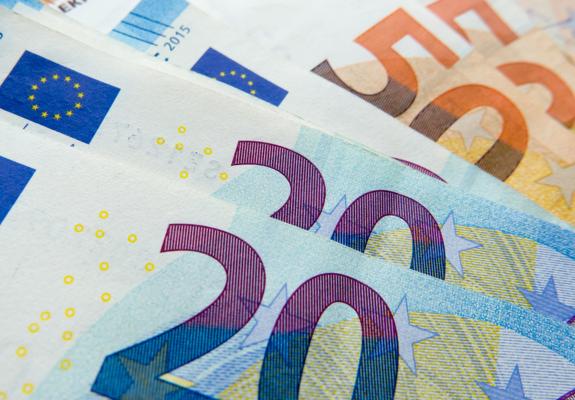Private Debt in Cyprus: A Comprehensive Overview of Q1 2023
In the first quarter of 2023, Cyprus experienced a significant development in its private debt landscape, with the debt-to-Gross Domestic Product (GDP) ratio reaching an unprecedented 218%, according to data provided by the Central Bank of Cyprus (CBC).
During Q1 2023, the total household debt in Cyprus amounted to €20.2 billion, contributing to 73% of the nation's GDP. Although this figure indicates a marginal reduction compared to the previous quarter, it is essential to note that household debt still represents a significant portion of the country's economic output. The modest decrease can be attributed to the simultaneous growth in GDP.
In absolute terms, household debt saw an increase of €200 million compared to December 2022, highlighting the continuous reliance of Cypriot households on borrowed funds. Caution is warranted as high levels of household debt can impact consumer spending and financial stability.
The assets held by households in financial instruments reached €59.6 billion by the end of Q1 2023, showing a slight decline from the previous quarter. The composition of these assets was as follows: 61% in cash, deposits, and loans, 2% in securities, 20% in equities, and 18% in other financial assets. It is crucial to maintain a diverse portfolio of assets to mitigate risks and support overall economic resilience.

The debt burden of non-financial corporations in Cyprus reached €39.9 billion, reflecting a debt-to-GDP ratio of 145% at the end of Q1 2023. While this ratio increased slightly from the previous quarter, it is essential to closely monitor this trend as it may impact businesses' ability to invest and expand.The total assets of non-financial corporations amounted to €66.3 billion by the end of Q1 2023, with a significant portion (48%) invested in equities. Cash, deposits, and loans accounted for 18%, followed by 4% in loans and 0.3% in securities. Maintaining a strong balance of assets is vital for the stability and growth of these corporations.
When compared to the state of private debt in December 2016, both households and non-financial corporations have seen substantial improvements. The household debt-to-GDP ratio has decreased by approximately 42%, indicating a healthier financial position for households. Similarly, non-financial corporations have witnessed a significant decrease in their debt-to-GDP ratio, showcasing a noteworthy 66% improvement.
Meanwhile, Cyprus' central government debt reached €23.829 billion as of June 30, 2023, according to the latest data released by the Public Debt Management Office on Friday. This represents a notable increase of €700 million during the second quarter compared to the preceding quarter.
Breaking down the total debt, €825.8 million corresponds to domestic securities, encompassing €74.4 million in treasury bills, €395.2 million in domestic bonds, and €356.3 million in retail/special retail bonds and saving certificates. Additionally, €14.45 billion constitutes foreign securities.
In terms of loans, the total stands at €8.55 billion, with €8.3 billion attributed to foreign loans and €250 million to domestic loans.






